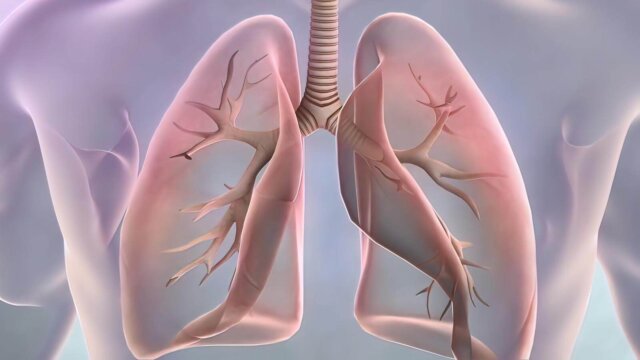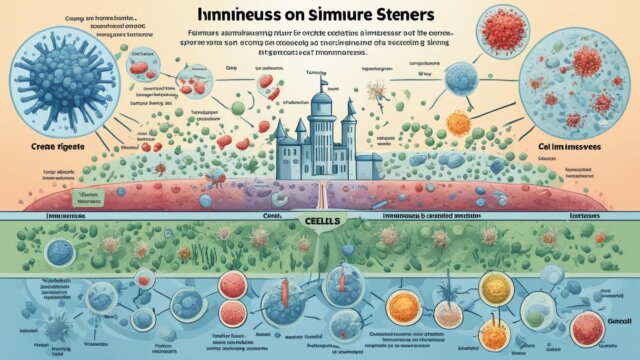FTC disclaimer: This post may contains affiliate links and we will be compensated if you click on a link and make a purchase.
Every pregnant woman’s primary concern during pregnancy is the full development of her baby, and DHA plays a crucial role in the baby’s development.
After 30 years of clinical research, the need for adequate DHA during pregnancy is clearly established.
Everyone needs DHA over their lifetime, but it is needed the most during infant development and the first two years of a child’s life.
DHA assists in fetal development and is crucial during the first few months of life. Moreover, DHA makes up sixty percent of the brain and nerves that run through the body.
Moreover, you will get DHA from healthy food such as fish and seashells to stay healthy.
Some of the DHA benefits include preventing any heart disorders, depression, diabetes, eye disorders, arthritis, and others.
Without enough DHA, your body can’t create healthy brain cells, which may affect the focus and concentration factor of the child.
Most women choose to have DHA from foods or take DHA Supplements during pregnancy.
The Importance of DHA During Pregnancy
DHA stands for Docosahexaenoic Acid, an Omega 3 essential fatty acid. A highly unsaturated fatty acid is a major structural component of the retinal membranes, brain, and nerves.
Docosahexaenoic Acid is a fatty acid that needs to be included in one’s diet to be absorbed by the body.
DHA is a unique fatty acid; no other dietary fats are similar to its chemical structure. Because of the unique structure, it is crucial for the proper development of the eyes, brain, and central nervous system.
The fetus must get plenty of DHA, especially in the last three months of pregnancy when the eyes and brain finish their initial development.
DHA comprises about 15% of the baby’s growing cerebral cortex. It also plays an essential role in the light sensors of the developing eyes.
Pregnant and breastfeeding mothers are often encouraged to take DHA supplements because it helps the developing baby grow and is needed for brain development during pregnancy.
In the last stages of pregnancy, the placenta filters out DHA from the mother’s blood to hold and nourish the baby.
Deficiency of DHA during Pregnancy
According to studies, the deficiency of DHA during pregnancy may affect the child in the following ways:
- Have a higher risk for low verbal IQ scores
- Reduced fine motor skills
- Less developed social and communication skills.
If the mother is not getting sufficient levels of DHA, her brain performance may suffer.
Many mothers experience a lack of concentration and have moments of forgetfulness due to their nutrients, like DHA being rerouted to support the baby’s health.
This is why supplementation for pregnant moms with a history of poor diet is usually recommended.
The omega-3 fatty acid DHA (Docosahexaenoic Acid) is a critical nutrient in human nutrition.
People cannot make DHA in the body, so it must be consumed through foods or obtained from supplements.
Benefits of DHA during pregnancy
DHA plays a vital role for both mother and baby, mainly when significant brain growth occurs in the third trimester.
The developing infant receives DHA from the mother through the placenta during pregnancy and breast milk after birth.
The brain grows rapidly during the last months of gestation and throughout the first years of life.
DHA ensures that cells in the brain, retina, heart & other parts of the nervous system develop and function properly.
Better coordination and visual acuity
Clinical research results with pregnant women tell that when women consume DHA during pregnancy have better coordination and visual acuity.
Moreover, DHA makes up 97% of the omega-3 fatty acids found in the brain. Also, DHA makes up 93% of the omega-3 fatty acids found in the eye.
DHA in breast milk
Breast milk DHA levels are dependent on the mother’s diet.
Research studies indicate that maternal DHA supplementation increases the mother’s blood & breast milk DHA levels, benefiting both fetus & infants.
Higher levels of DHA in breast milk were associated with an infant’s ability to adjust to changes in surroundings easily.
Moreover, maternal DHA supplementation during lactation resulted in mental development advantages in children, including:
- Improved psychomotor development ( such as eye-hand coordination ) at 2.5 years of age
- Improved attention skills at five years of age
- Increased child IQ by 1.3 points
How does DHA help a Baby’s Brain Growth during pregnancy?
DHA affects the development of a baby and the pregnant mother in many ways.
According to studies, DHA contributes to the baby’s neurological development and cognition of baby.
Further, DHA promotes the development of the respiratory and cardiac systems of the baby.
Moreover, one study has revealed that DHA supports the development of the eyes and brain of the baby. It is also considered an essential nutrient for the growth and functional development of the brain.
DHA increases the learning and cognitive function of the baby. This is well manifested when the child reaches the age of 4.
Furthermore, the study suggested that pregnant women who consume DHA from diet or supplements prevent the occurrence of premature delivery as well as pre-term labor.
Also, DHA supports the mother in going through a healthy pregnancy and reduces the occurrence of having toxemia.
How much is DHA needed During pregnancy?
Because humans cannot make DHA, developing babies are entirely dependent on mothers for their source of DHA.
If mothers are not getting enough DHA, studies worldwide recommend that pregnant women consume at least 200 mg of DHA per day.
Researchers also reported that more than 90% of pregnant women are still not consuming the minimum amount.
Studies reveal that intake of DHA among vegetarian and vegan women is even lower.
There are no clear-cut standards for intake of DHA, so be sure to speak with your pediatrician or nutritionist about the right amount of DHA for your baby.
DHA Supplements during pregnancy
The body cannot produce DHA on its own. Because of this, you need to get DHA from your diet.
But, most of them are not getting a sufficient amount of DHA through diet. So, it is recommended to take fish oil supplements to help you obtain enough DHA.
DHA supplementation throughout pregnancy supports a healthier gestation period.
When buying supplements with DHA, you want to make sure you purchase pharmaceutical-grade supplements.
Because the source of the DHA is fish oil, supplements that are not pharmaceutical grade may contain toxins like mercury.
Supplements should be a safe and effective source of DHA.








